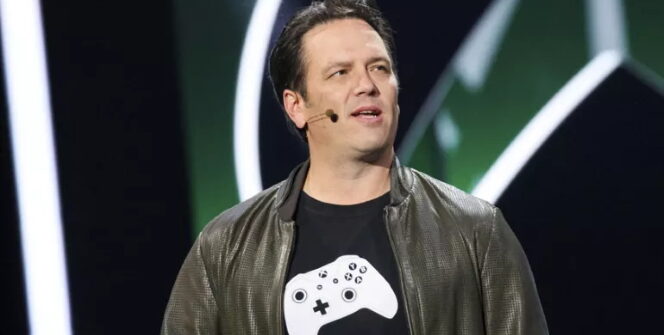The Xbox boss says the live service model is not the answer to all questions and that smaller games still have a big role to play.
Spencer was a guest on the Xbox Era podcast, and we summarised several topics from the conversation the other day, but here’s something left. Specifically: the live service model. We’ve already written about how Electronic Arts CEO Andrew Wilson said Dragon Age: The Veilguard didn’t live up to the publisher’s expectations because the live service component was taken out of development, and a recent GDC survey of game developers showed that a third of AAA developers are developing games with this model. But not everyone wants this to dominate the gaming industry’s bigger budget titles…
“I didn’t want to see every game turn into some big service based game because they felt like that’s where the business model was. It’s not easy to do that. Not every story is told in that way. Not every game kind of supports that or creative idea supports that business model. I think it’s an important part of our industry because not every story is going to be 100 hours long, and not every medium is going to have some kind of mechanic that has a currency and everything else. They just want to tell their story and move. Some of my favourite games going back to like Limbo and stuff, these are fantastic games that I want to see continue in our industry. Part of our reason for trying to get a subscription going was to allow us to also support games that have a beginning, middle, and end,” Spencer said.
Xbox nevertheless has several big live service games. Call of Duty: Warzone, Overwatch 2 – these were acquired by Microsoft through Activision Blizzard’s acquisition. Spencer isn’t alone in not having a positive view of the live service model. Josef Fares, the head of Hazelight, has previously stated (and we wrote) that he is not keen on this business model.
Gamers have a finite amount of time and money and therefore cannot sustain more and more of these games.
Source: PCGamer



![[TGA 2025] Star Wars: Galactic Racer Focuses on High-Stakes Podrace Runs [VIDEO]](https://thegeek.games/wp-content/uploads/2025/12/theGeek-Star-Wars-Galactic-Racer-302x180.jpg)








![[TGA 2025] Star Wars: Galactic Racer Focuses on High-Stakes Podrace Runs [VIDEO]](https://thegeek.games/wp-content/uploads/2025/12/theGeek-Star-Wars-Galactic-Racer-300x365.jpg)



Leave a Reply